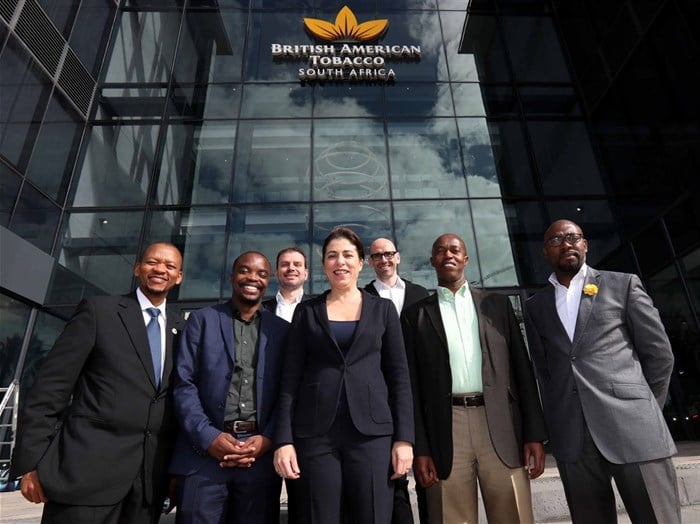
Top stories






More news


Marketing & Media
Ads are coming to AI. Does that really have to be such a bad thing?














“This public-private partnership is aligned with our provincial development plan of revitalising the rural economy. It is a significant milestone in ensuring we realise the objective of not only positioning the province as a food growing area but also develop agro-processing in the rural areas,” said ECDC CEO Ndzondelelo Dlulane.
The development body will also assess the impact of the project on emerging farmers and local communities. “As the farmers realise income from tobacco farming, the programme also addresses the issue of food security and poverty alleviation because of rotational food crop farming,” said Dlulane.
The Eastern Cape pilot project, which started in 2016 with consultations with the ECDC and the provincial Department of Agriculture, will be expanded in September 2018 with the planting of 10 hectares of tobacco and 10 hectares of alternate crops.
“Our commitment to transformation has led us to expand our programme from 33 tobacco growers in 2016 to 155 tobacco growers in 2018. We are excited to bring the benefits of this programme to the Eastern Cape, to create jobs and opportunities for the people of the province,” said BATSA CEO Soraya Benchikh.
“The Eastern Cape pilot project is very significant for BATSA because we are not only contributing to agricultural and rural development in the Balfour area but kick-starting what will be the revival of Eastern Cape tobacco production in the Katriver region,” said Benchikh.
The revival of tobacco production in the Eastern Cape builds on the success of BATSA’s Emerging Farmers Initiative in the country’s northern tobacco-producing regions, which since launch in 2011 has:
• Facilitated the planting of over 800 ha of tobacco;
• Planted over 1,000 ha of vegetable crops;
• Supported more than 3,900 dependents;
• Created over 2,500 jobs
• Invested over R70m in the programme.
Tobacco is currently produced mainly in Limpopo (37.2%), Mpumalanga (54.7%) and the North-West Province (8.1%).